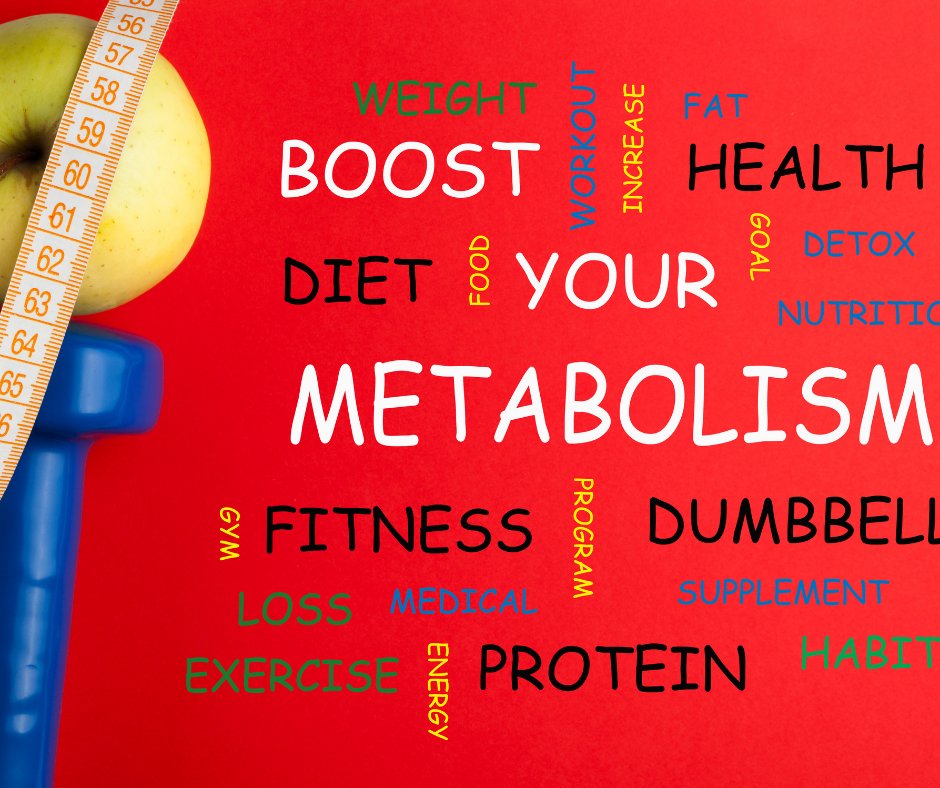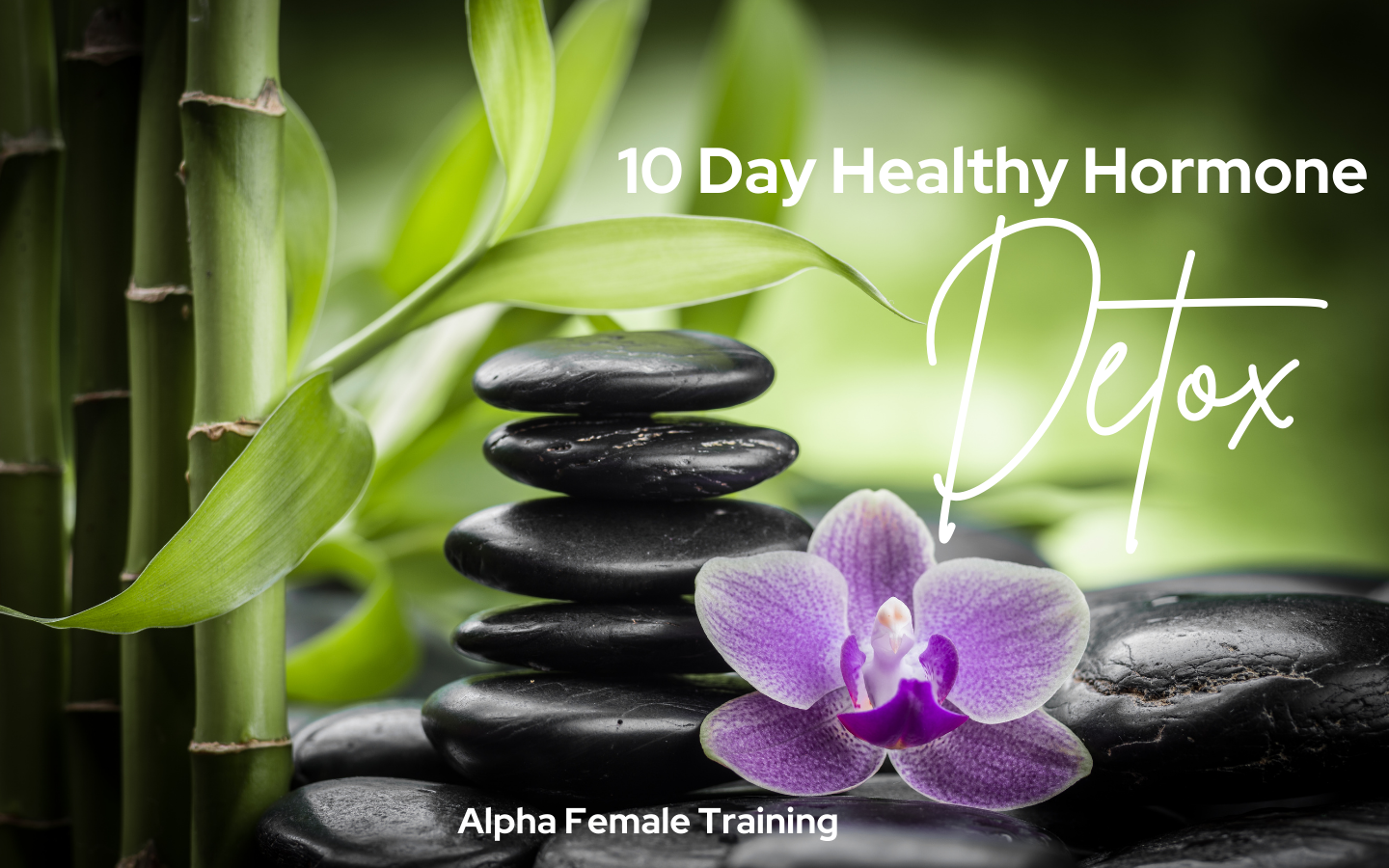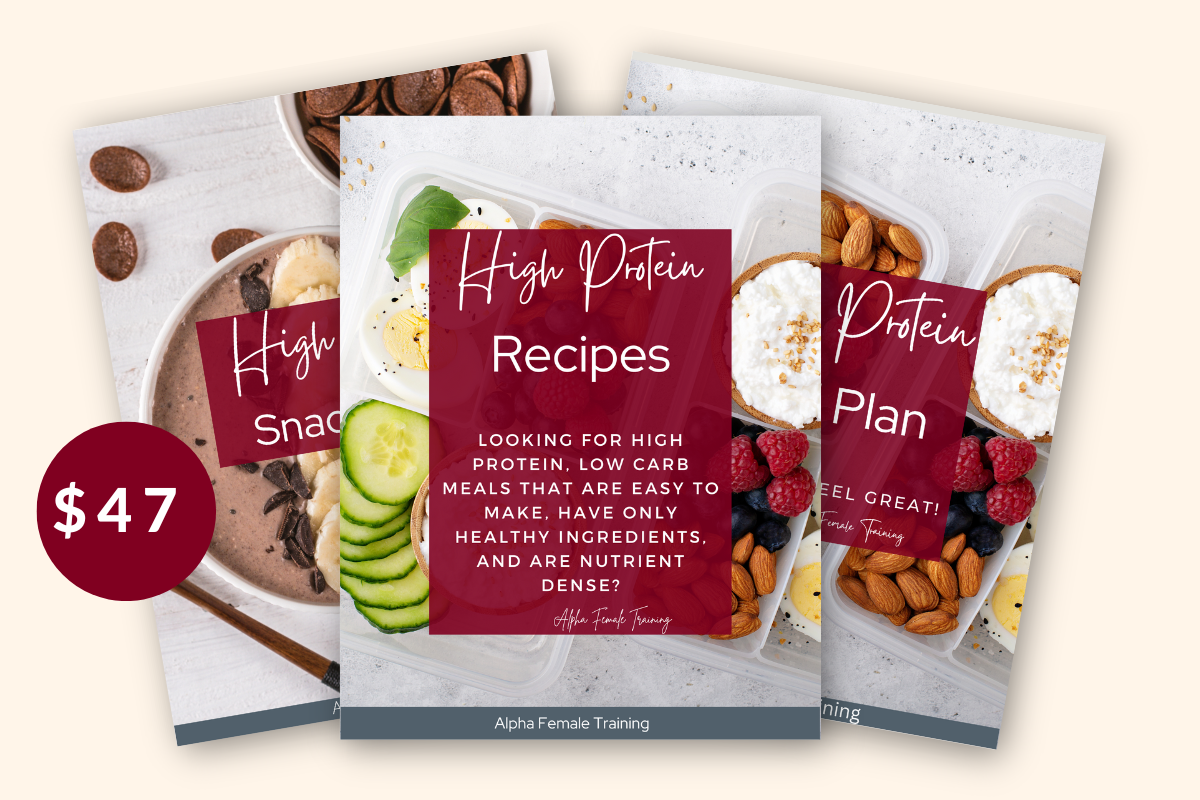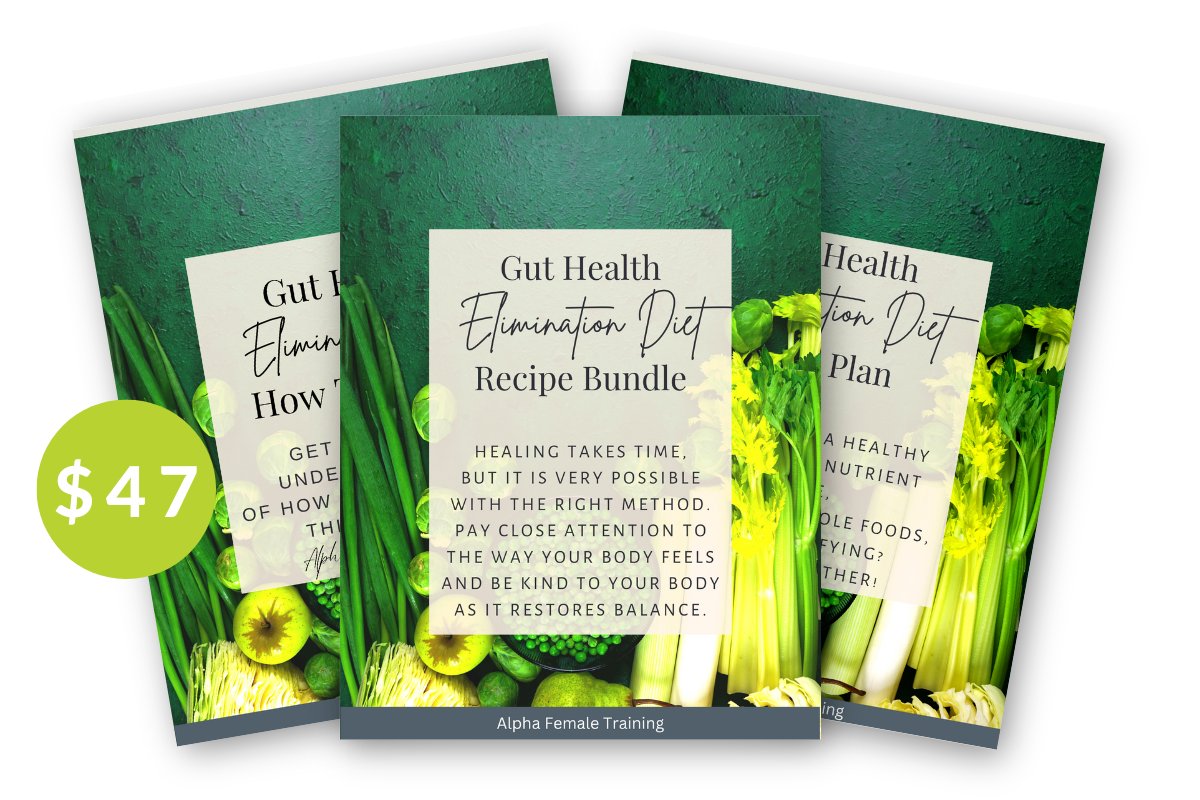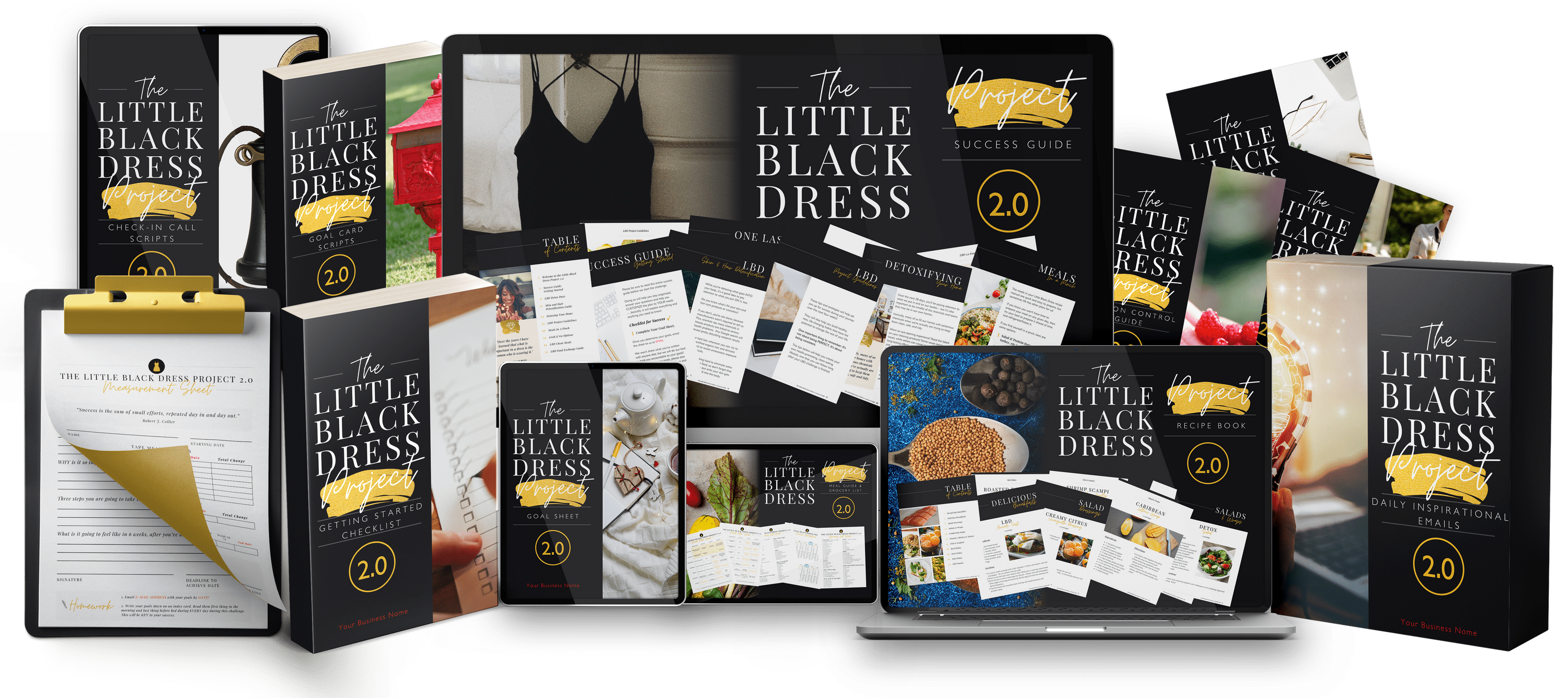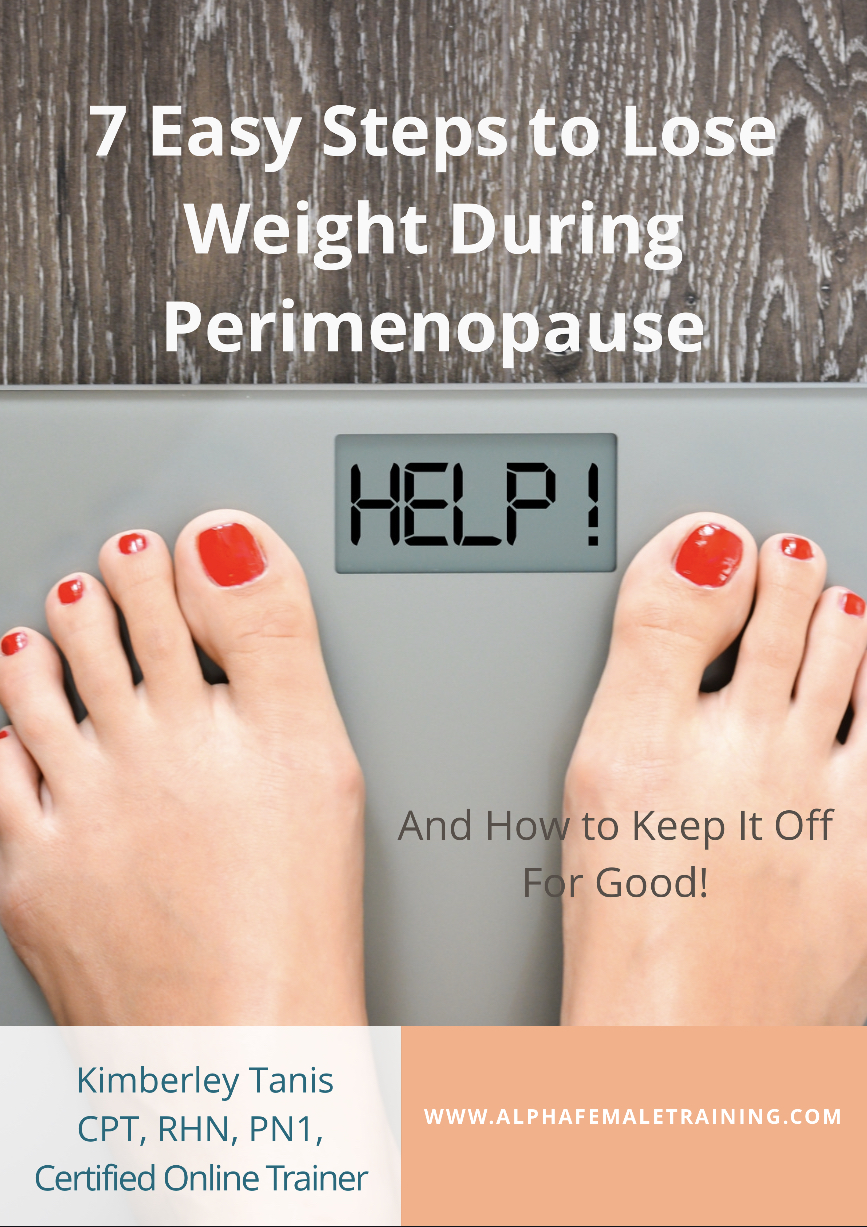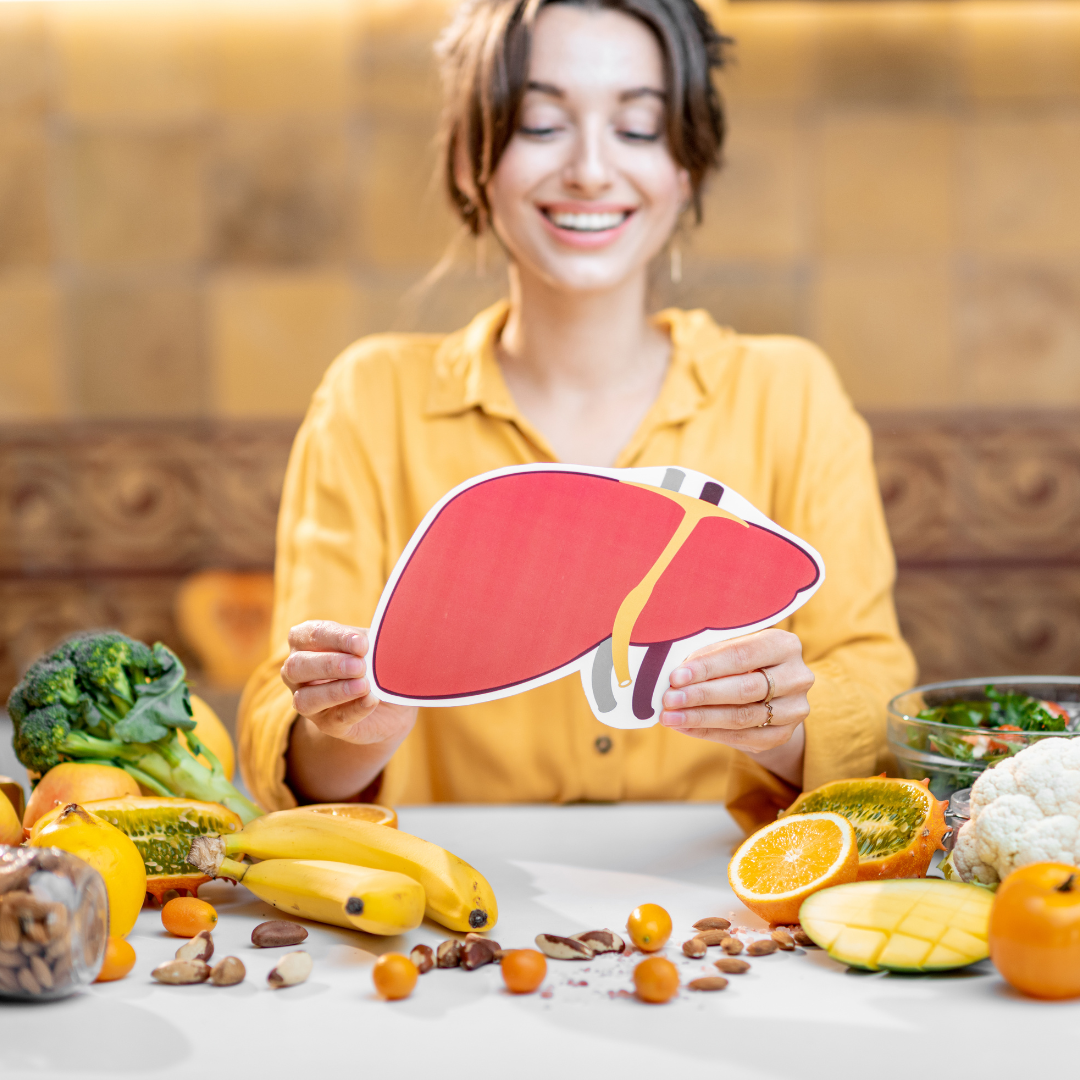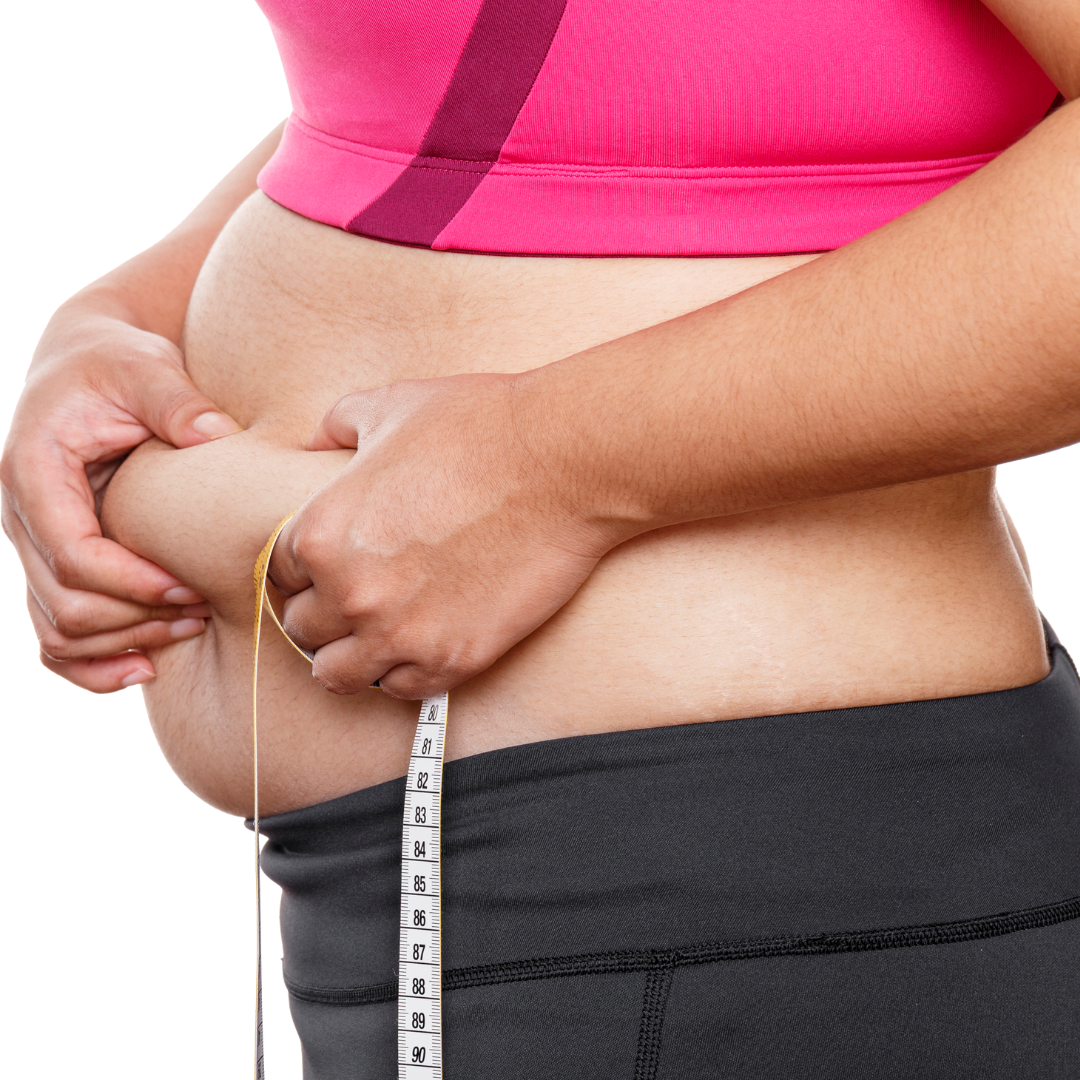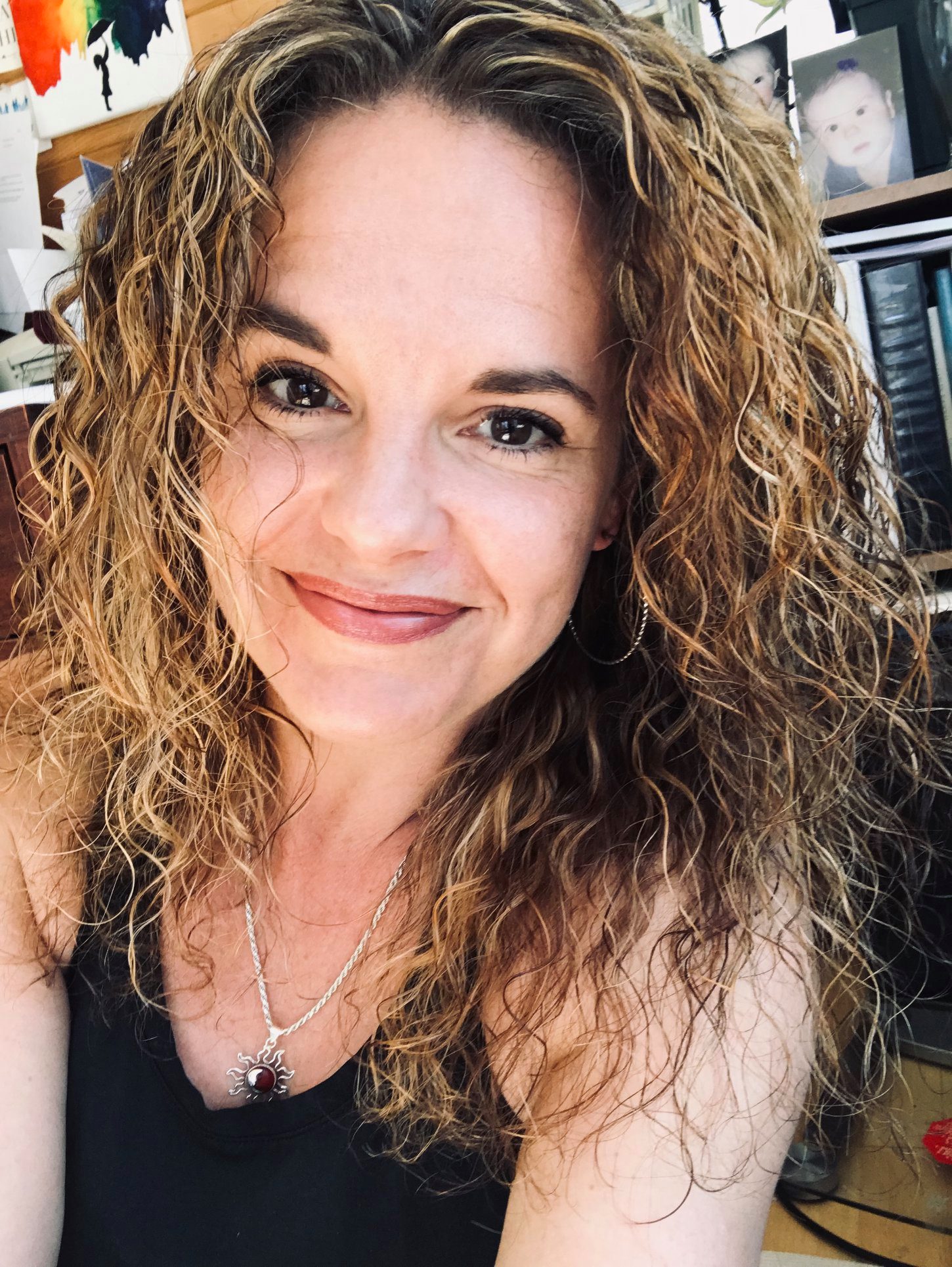Fat Loss Over 50
As we get older, it becomes increasingly difficult to maintain a healthy weight, especially for us women over 50. Hormonal changes, lifestyle factors, and age-related muscle loss can all contribute to weight gain and make it harder to shed excess pounds. In this blog post, I'll explore the reasons why fat loss over 50 is more challenging and offer some strategies to help you navigate this time in life.
Do not just assume because you've reached a certain age that it's all downhill from here! If you struggle to lose weight. And if you do, you gain it right back. What worked before doesn’t anymore. You may think it’s hormones or your age. But it’s not. And more dieting and exercise will only make things worse. Learn what’s going on and how to lose weight – easily and permanently – without restricting calories, feeling deprived, wrecking your hormones or destroying your metabolism!
You may have to give up some bad habits, admit that you are not moving enough on a daily basis and be willing to make some dietary and lifestyle changes along with learning what you were never taught when you were younger.

As a woman of this generation, you have the opportunity to be part of a new wave of lifelong exercisers. To maintain your fitness and health beyond your 40s and 50s, it's essential to recognize and address the unique challenges that come with aging, including hormonal changes, metabolism shifts, body composition changes, and social influences. By challenging outdated beliefs, demanding better solutions, and making changes to your exercise routine, you can take control of your future and set yourself up for a healthy and active life.
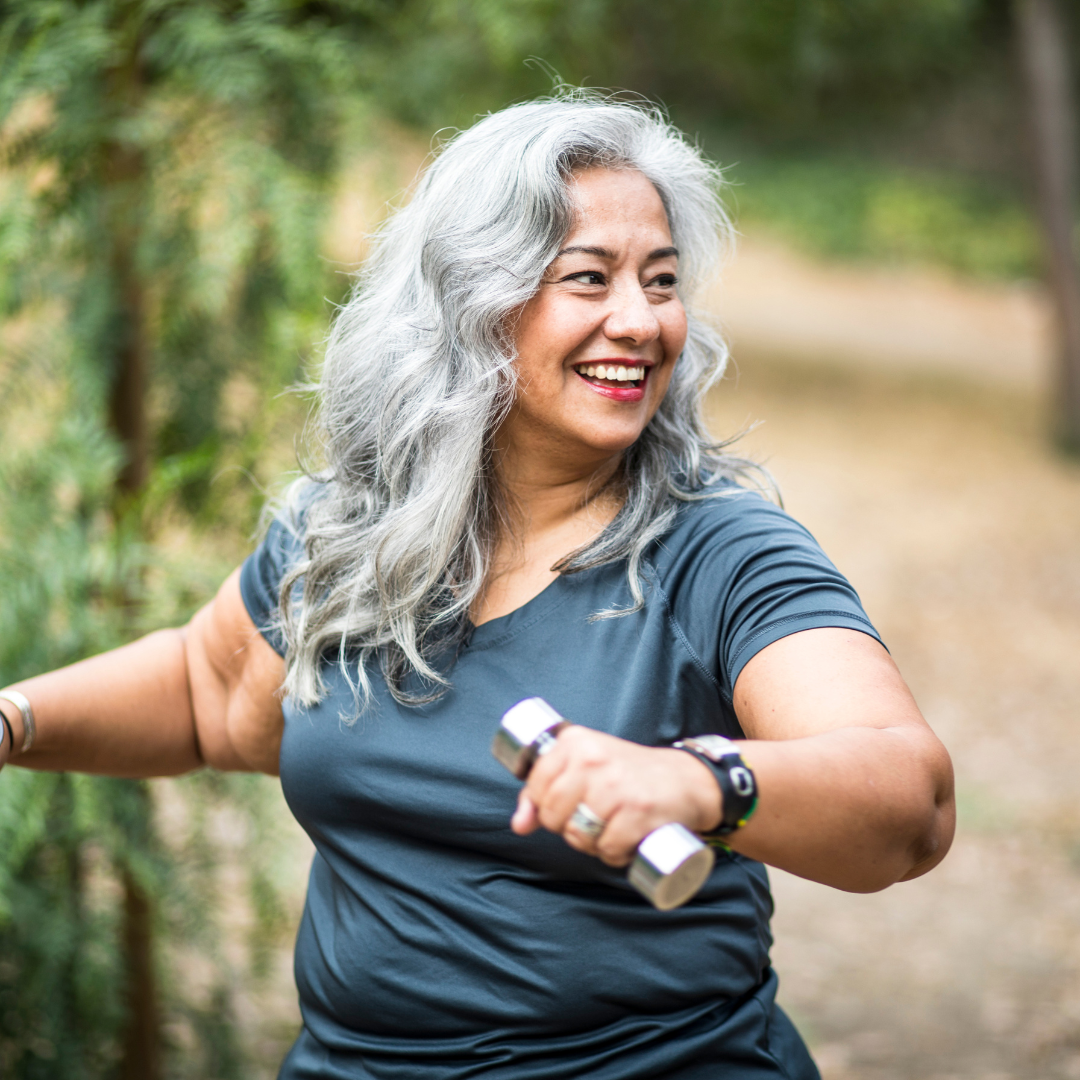
Why is Fat Loss Over 50 Harder?
There are several reasons why it's more challenging to lose weight after 50, including:
- Hormonal Changes: As women enter menopause, our estrogen levels drop, which can lead to weight gain, especially around the belly area. This is because estrogen plays a role in regulating body fat distribution.
- Age-Related Muscle Loss: As we age, we lose muscle mass, which slows down our metabolism and makes it harder to burn calories.
- Lifestyle Factors: Many women become less active as they age, which can lead to weight gain. Additionally, changes in work or family responsibilities can make it harder to prioritize exercise and healthy eating habits.
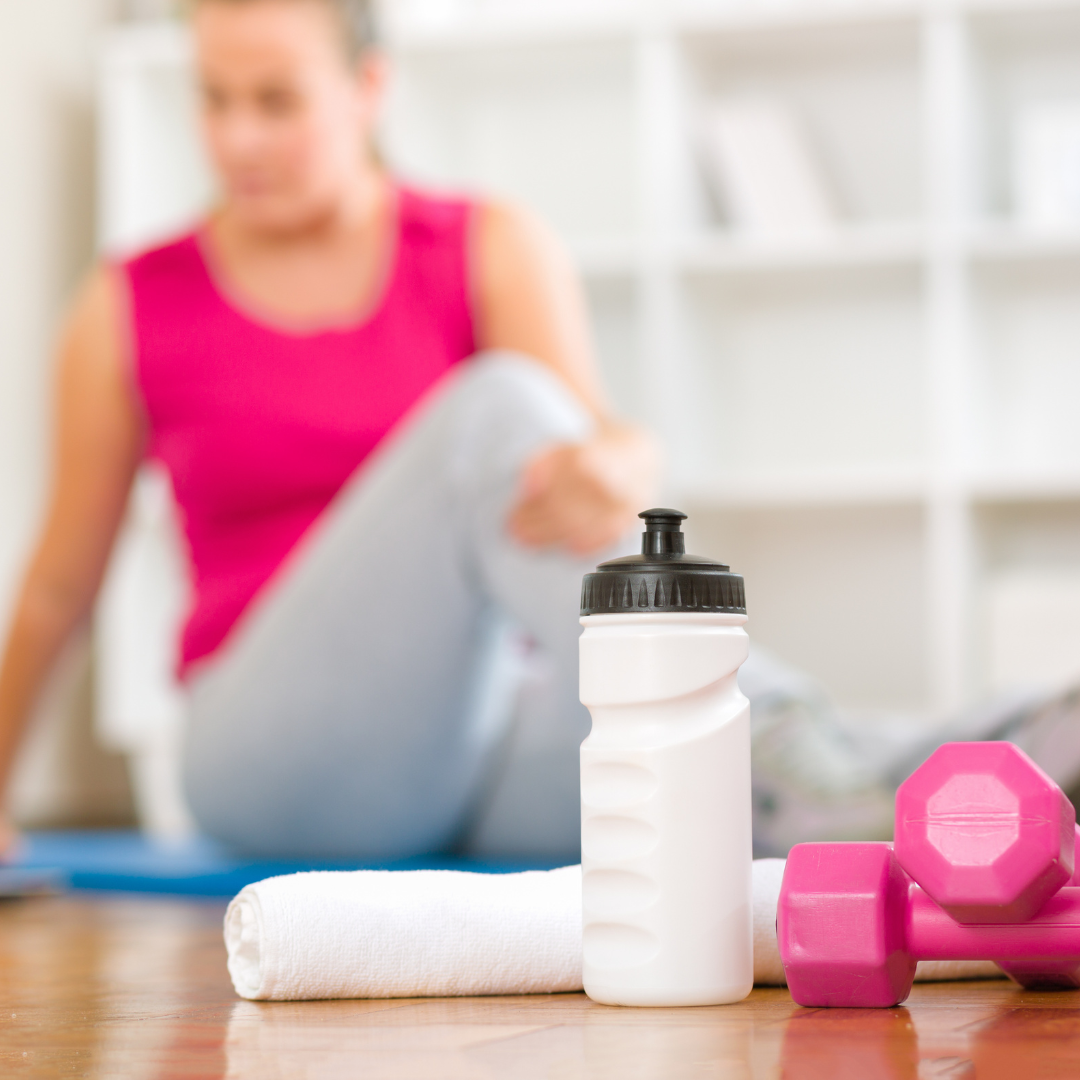
The Struggles Women Over 50 May Be Having
For women over 50, losing weight can be an uphill battle. Some common struggles include:
- Plateaus: Many women find that they hit a weight loss plateau and struggle to lose any more weight.
- Decreased Metabolism: As we age, our metabolism slows down, making it harder to burn calories and lose weight.
- Joint Pain: Joint pain and stiffness can make it difficult to engage in high-impact exercise, which can be discouraging for women who are trying to lose weight.
- Emotional Eating: Stress and other emotional factors can trigger unhealthy eating habits, which can sabotage weight loss efforts.

Why Strength Training and High Protein are SO Important
Strength training and a high protein diet are two key strategies for women over 50 who want to lose weight. Here's why:
- Strength Training: Strength training helps build muscle, which can increase metabolism and help burn more calories at rest. Additionally, strength training can help improve joint health and reduce the risk of age-related muscle loss.
- High Protein Diet: Protein is an essential nutrient that helps build and maintain muscle mass. As we age, it's important to eat enough protein to prevent muscle loss and support weight loss efforts. Additionally, a high protein diet can help control hunger and reduce the risk of overeating.

Strategies to Help Navigate Fat Loss Over 50
If you're a woman over 50 who is struggling to lose weight, here are some strategies to help you navigate this time in life:
- Focus on Strength Training: Aim to do strength training exercises at least two to three times per week. Focus on exercises that target the major muscle groups, such as squats, lunges, push-ups, and rows.
- Eat a High-Protein Diet: Aim to eat at least 1 gram of protein per pound of body weight per day. Good sources of protein include lean meats, fish, eggs, dairy, and plant-based sources like beans and tofu.
- Stay Active: Find ways to stay active throughout the day, such as taking walks, gardening, or doing household chores. Aim for at least 150 minutes of moderate-intensity exercise per week.
- Manage Stress: Stress can trigger emotional eating and sabotage weight loss efforts. Find healthy ways to manage stress, such as meditation, yoga, or deep breathing exercises.
- Get Enough Sleep: Lack of sleep can disrupt hormones that control appetite and metabolism, making it harder to lose weight. Aim for at least 7-8 hours of sleep per night.

In conclusion, fat loss over 50 can be more difficult due to hormonal changes, age-related muscle loss, and lifestyle factors. However, women over 50 can overcome these challenges by incorporating strategies like strength training, eating a high-protein diet, staying active, managing stress, and getting enough sleep.
By prioritizing these habits and being patient with the process, women can achieve their weight loss goals and improve their overall health and quality of life.
Remember, it's never too late to start prioritizing your health and well-being.
